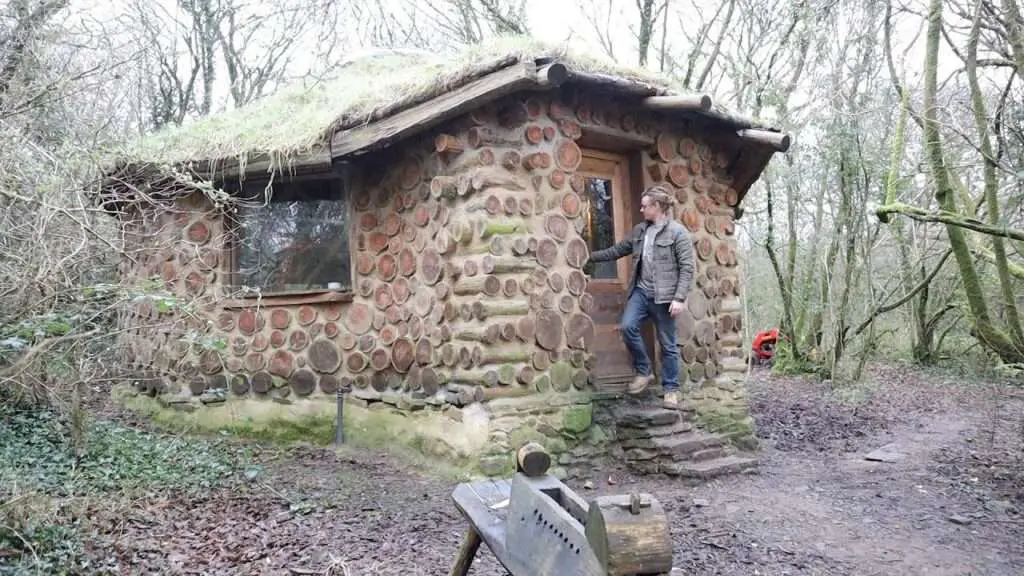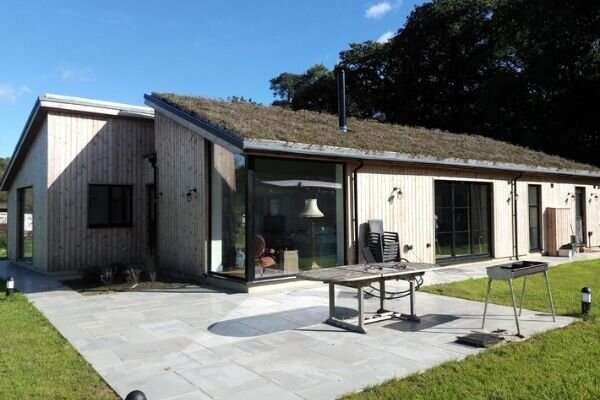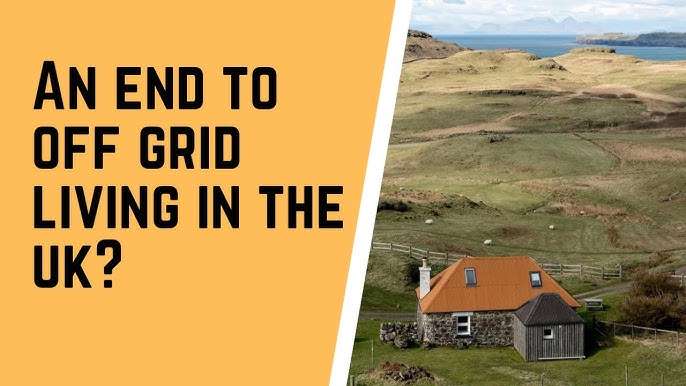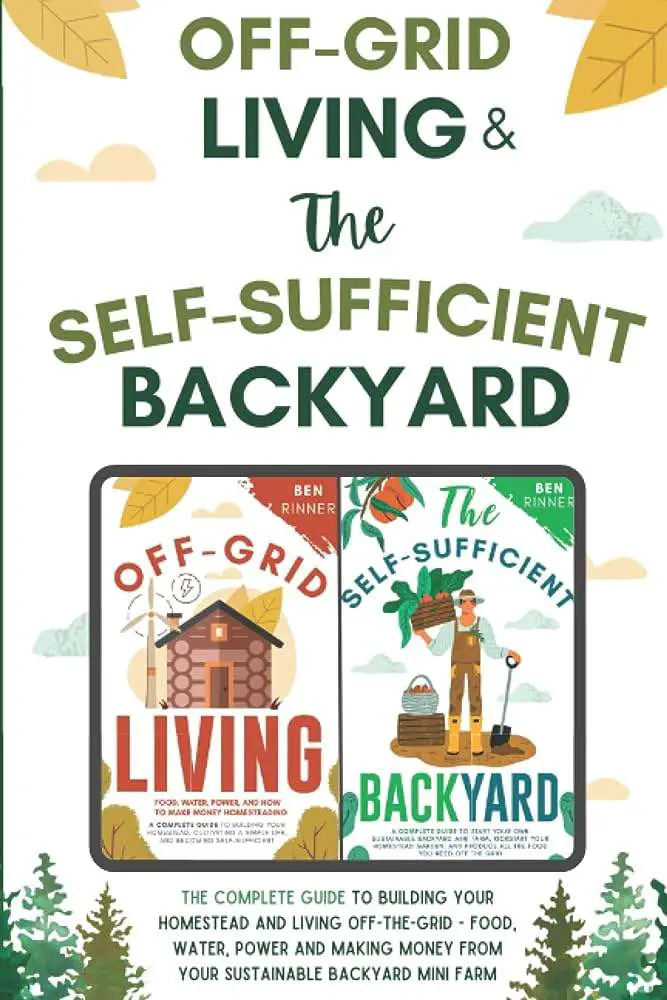In this article, we will be exploring the topic of off-grid living in Britain and delving into the question of how self-sufficient the country truly is. You will learn about the concept of off-grid living and what it entails, as well as gain a better understanding of Britain’s current state of self-sufficiency. We will discuss the benefits and challenges of living off the grid, and provide insights into the ways in which individuals and communities in Britain are striving for greater self-sufficiency. So, let’s dive into the world of off-grid living and discover what it means for Britain’s self-sufficiency.
Exploring Britain’s Self-Sufficiency: Off Grid Living
Living off the grid has become an increasingly popular lifestyle choice for many individuals in Britain. With concerns about the environment and a desire for greater independence, more and more people are embracing the idea of self-sufficiency. In this article, we will delve into the concept of off grid living, highlighting its advantages and challenges, as well as exploring the renewable energy sources, water management techniques, and waste management strategies that contribute to a self-sufficient lifestyle.
Understanding Off Grid Living
Off grid living refers to a lifestyle in which individuals or households are not connected to the main electrical grid, opting instead for independent and autonomous power generation systems. This means that they rely on renewable energy sources such as solar, wind, hydroelectric, and biomass energy to meet their electricity needs. Additionally, off grid living often involves sustainable practices in water management and waste management, allowing individuals to minimize their environmental impact while maximizing their self-sufficiency.
Advantages of Off Grid Living
One of the primary advantages of off grid living is the freedom it provides. By generating your own electricity and managing your own resources, you become less reliant on external factors such as rising energy costs or potential power outages. This sense of autonomy allows you to have greater control over your lifestyle and reduces your dependence on utility companies.
Moreover, off grid living brings about environmental benefits. By utilizing renewable energy sources, you minimize your carbon footprint and contribute to the fight against climate change. Additionally, sustainable water and waste management practices further reduce environmental impact, making off grid living a sustainable and eco-friendly choice.

Challenges of Off Grid Living
While off grid living offers numerous advantages, it also presents certain challenges that need to be carefully considered. One of the main challenges is the initial cost of setting up the off grid system. Installing solar panels, wind turbines, or hydroelectric generators can be expensive, and it requires a significant investment upfront. However, it is important to remember that these costs can be offset by the long-term savings on energy bills.
Another challenge is the need for regular maintenance and monitoring of the off grid system. Unlike relying on a centralized electrical grid, off grid living requires you to take responsibility for the maintenance and operation of your power generation equipment. This includes regular inspections, cleaning, and occasional repairs. However, for many individuals, this hands-on approach can be seen as an exciting and rewarding aspect of off grid living.

Renewable Energy Sources for Self-Sufficiency
Renewable energy sources play a crucial role in achieving self-sufficiency when living off the grid. Let’s explore some of the most commonly used sources:
Solar Energy
Solar energy is perhaps the most popular and accessible source of renewable energy. By installing solar panels on your property, you can harness the power of the sun and convert it into usable electricity. The panels collect sunlight and convert it into direct current (DC), which is then converted into alternating current (AC) through an inverter. Solar energy is reliable, abundant, and environmentally friendly, making it an ideal choice for off grid living in Britain, where solar resources are ample.
Wind Power
Another common renewable energy source for self-sufficiency is wind power. By installing wind turbines on your property, you can harness the power of the wind and convert it into electricity. Wind turbines consist of blades that rotate when exposed to wind, generating mechanical energy. This energy is then converted into electricity through a generator. The viability of wind power depends on the wind resources in your area, and it is particularly suitable for those living in rural or coastal regions with consistent winds.
Hydroelectric Power
If you live near a water source such as a river or a stream, hydroelectric power can be an excellent option for generating electricity off the grid. By harnessing the flow of water and converting it into mechanical energy through a turbine, you can generate clean and reliable electricity. Hydropower systems can be installed on various scales, ranging from small micro-hydro systems for individual households to larger community-scale projects.
Biomass Energy
Biomass energy involves the use of organic matter, such as wood pellets or agricultural waste, to produce heat or electricity. Biomass can be burned directly to generate heat or can be converted into biogas through processes such as anaerobic digestion. This biogas can then be used to produce electricity or heat. Biomass energy is renewable and can contribute to self-sufficiency, especially in rural areas where biomass resources are abundant.

Water Management for Self-Sufficiency
Achieving self-sufficiency in water management is another crucial aspect of off grid living. Here are two common techniques:
Rainwater Harvesting
Rainwater harvesting involves collecting and storing rainwater for various purposes, such as irrigation, washing, or even drinking in some cases. By installing rainwater collection systems, you can capture and store rainwater, reducing your reliance on the main water supply. This not only saves money but also helps conserve the local water resources and reduces the strain on the environment.
Greywater Recycling
Greywater recycling involves treating and reusing water from sources such as sinks, showers, and washing machines for irrigation or flushing toilets. By diverting greywater from the sewer system and recycling it on-site, you can significantly reduce your water consumption and promote sustainable water management. Greywater can be treated through filtration systems and used for non-potable purposes, making it an effective strategy for self-sufficiency.

Managing Waste for Self-Sufficiency
Effectively managing waste is an essential part of achieving self-sufficiency. Here are two common techniques used by those living off the grid:
Composting
Composting is the process of decomposing organic waste, such as food scraps and yard trimmings, to produce nutrient-rich compost. By composting your organic waste on-site, you can eliminate the need for chemical fertilizers and create a valuable soil amendment for your garden. Composting reduces waste going to landfills, promotes sustainability, and contributes to a self-sufficient lifestyle.
Recycling and Repurposing Materials
Another important aspect of waste management in off grid living is recycling and repurposing materials. By finding creative ways to reuse and repurpose items, you can minimize waste and reduce your environmental footprint. From repurposing glass jars as storage containers to using old wood pallets for DIY projects, there are countless ways to give new life to materials that would otherwise end up in the landfill.
In conclusion, off grid living offers a unique and rewarding lifestyle that promotes self-sufficiency and sustainability. By embracing renewable energy sources, practicing efficient water management, and adopting waste management strategies, individuals can reduce their dependence on external resources and minimize their impact on the environment. Whether you are looking for greater independence, want to reduce your carbon footprint, or simply love the idea of living in harmony with nature, exploring Britain’s self-sufficiency through off grid living may be the perfect choice for you.



